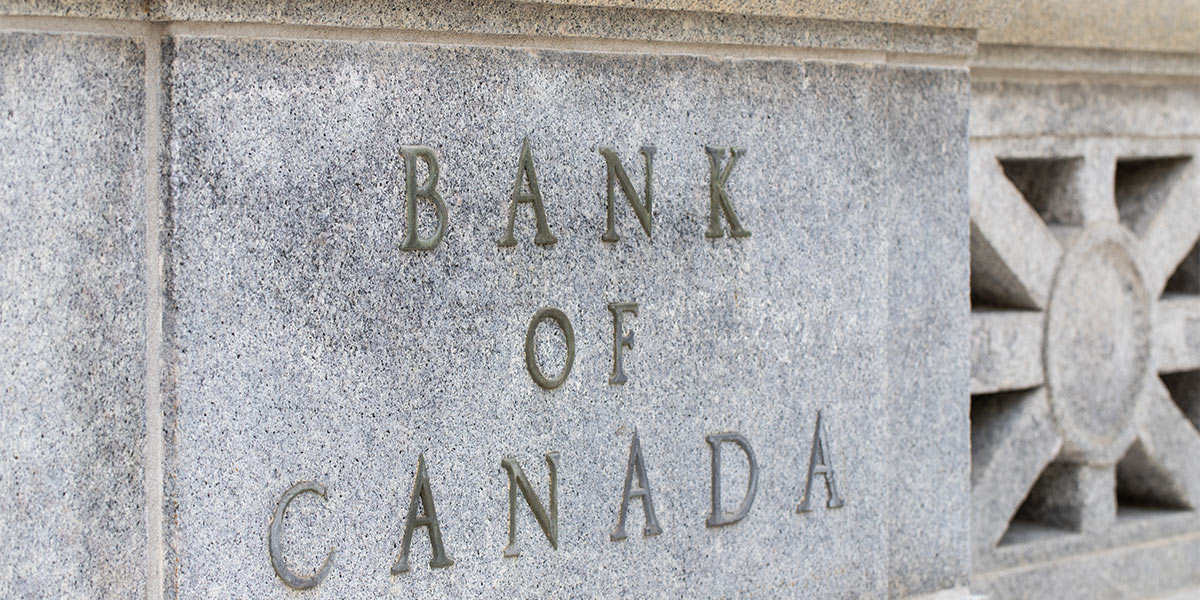In this edition:
- Expect subdued consumer spending over holiday season: Business Data Lab
- Bank of Canada Governing Council expects economic growth will remain weak
- Grimsby to ask for Niagara Escarpment crossing to be expedited
- Widely applauded, but questions remain for new wine retail landscape in Ontario
- Focus on Climate

Consumer spending likely to be subdued over holiday season: Business Data Lab
The Canadian Chamber of Commerce’s Business Data Lab has released the December 2023 Local Spending Tracker, with the latest figures indicating that per-capita consumer spending is down 3.9%.
“Last year there was a wave of spending in the holiday rush and boxing week sales,” said Stephen Tapp, Canadian Chamber Chief Economist. “This year, we expect more subdued spending, as Canadian consumers are increasingly conscious of their discretionary spending after living through another year of affordability challenges and high interest rates.”

Bank of Canada Governing Council expects economic growth will remain weak
At their regular deliberations, the Bank of Canada Governing Council agreed that initial indicators for the fourth quarter suggested economic growth would remain weak as higher interest rates continued to hold back spending. With a range of indicators suggesting the economy was approaching balance in the third quarter, and with growth expected to be weak in the fourth quarter, members concluded the economy was no longer in excess demand.

Grimsby to ask for Niagara Escarpment crossing to be expedited
Councillors in Grimsby are hoping to kick a long-awaited project into high gear.
During Monday’s town council meeting, Coun. Don Howe presented a motion to ask Niagara Region to expedite the terms of reference development process for a future north-south Niagara Escarpment crossing project.
Once the terms of reference development process is complete, an environmental assessment can begin, and that is a necessary step in getting the crossing off the ground.

Widely applauded, but questions remain for new wine retail landscape in Ontario
With substantial changes coming to the Ontario wine retailing landscape, announced last week by the province, there is renewed hope for an industry that has been mired in uncertainty.
The sweeping initiatives, some that will be felt immediately and others that will take two years to be implemented when the Beer Store deal finally ends, have been met generally with a positive reaction from various stakeholders.
The Ontario wine industry hit a low point in 2023 with declining market share at the LCBO, a puzzling grape glut and an assault from several sectors, including and not limited to, the surging non-alcohol beverage industry, declining interest for wine from younger consumers and a continued migration to cheaper and plentiful RTD drinks.
Did you know?
98% of all Canadian private sector companies are small businesses.
Focus on Climate
Your questions about Canada’s plan to embrace electric vehicles, answered
The federal Liberal government has unveiled its plan for Canada to move away from fully gas-powered cars and toward electric vehicles, mandating that all sales of passenger cars, SUVs, crossovers and light trucks be hybrids, electric or hydrogen-powered by 2035.
“What we’re proposing is that, by 2035, we progressively make it easier and easier to buy electric vehicles,” Environment Minister Stephen Guilbeault told CBC’s Power and Politics.
“So 12 years from now, 100 per cent of new vehicles sold would have to be electric vehicles. But people who have gas-powered engines would be able to continue using them past 2035; they just won’t be able to buy new ones.”
Here are some of your most common questions about the plan.
Through the Daily Updates, the GNCC aims to deliver important business news in a timely manner. We disseminate all news and information we feel will be important to businesses. Inclusion in the Daily Update is not an endorsement by the GNCC.



